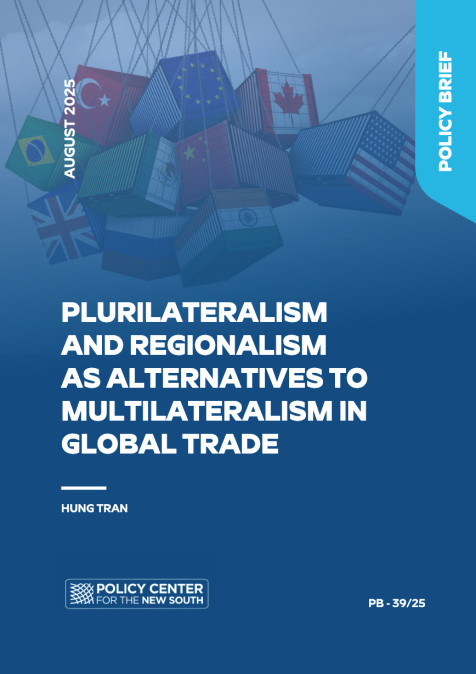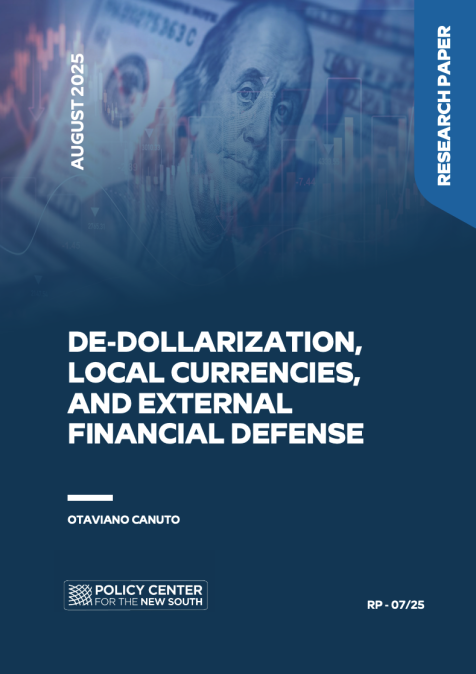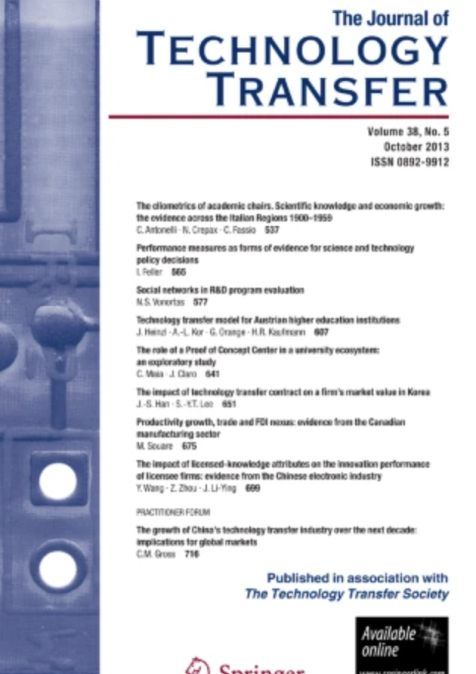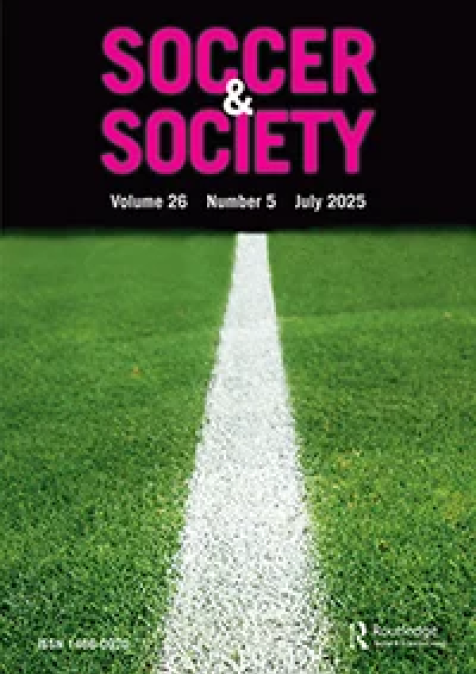The Brazilian economy has been suffering from a double disease in the last few decades: a combination of anemia in productivity increases and an obesity of the public sector. On the one hand, the mediocre performance of productivity in Brazil in recent decades has limited its GDP growth potential. On the other, the expansion of public spending has become increasingly incompatible with such limits on the potential expansion of GDP, particularly since the growing public spending has not achieved commensurate socioeconomic results.
Speakers

Otaviano Canuto
Senior Fellow
Senior Fellow at the Policy Center for the New South, Affiliate Professor at Mohammed VI Polytechnic University and Non-Resident Senior Fellow at Brookings Institute. Former Vice President and Executive Director at the World Bank, Executive Director at the International Monetary Fund (IMF) and Vice President at the Inter-American Development Bank.
...










